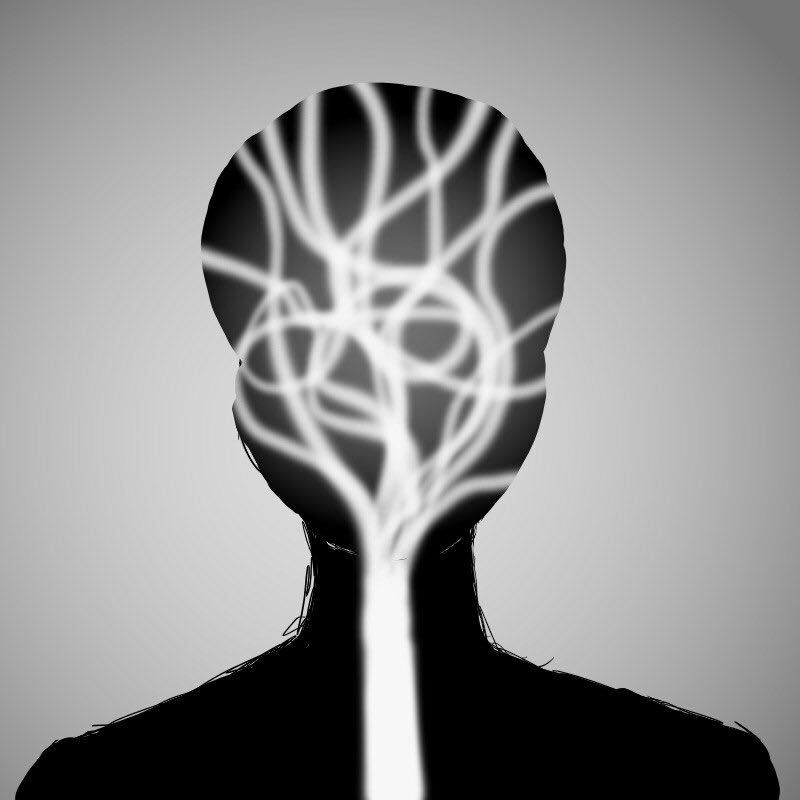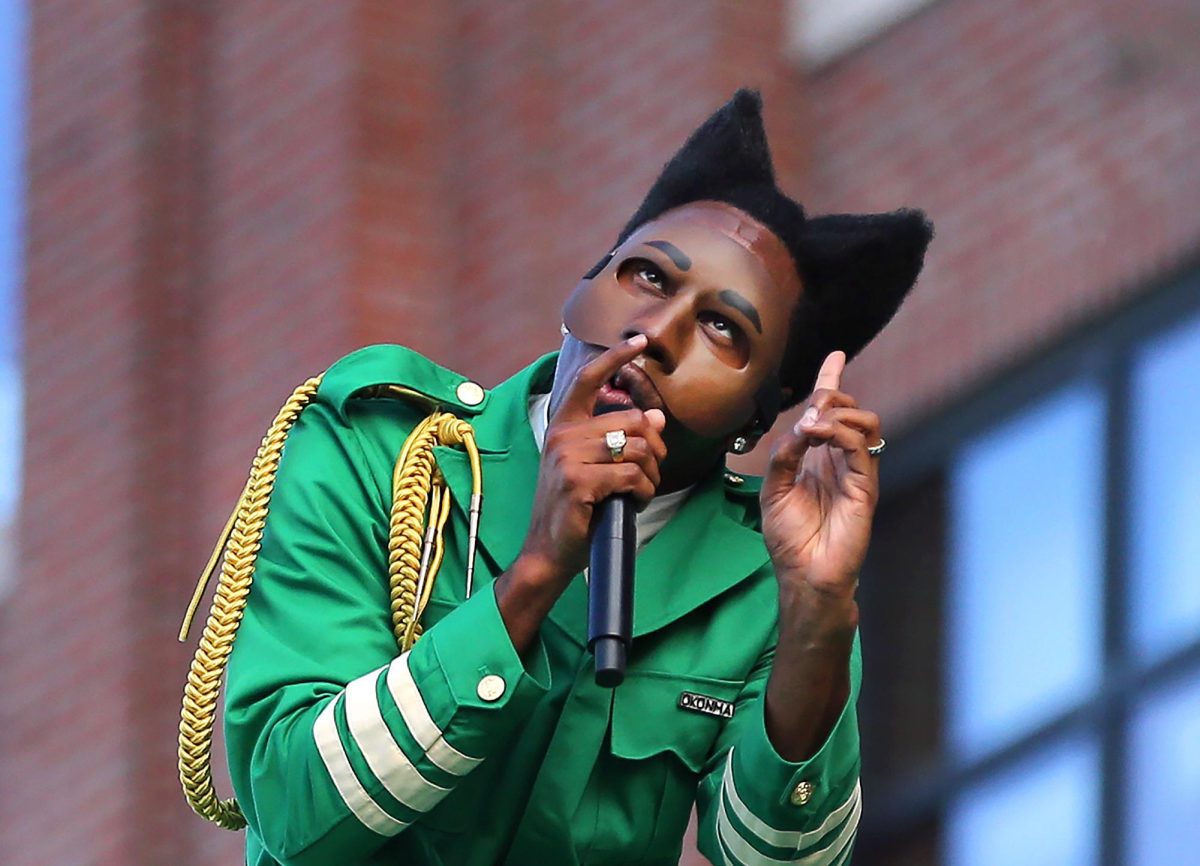Opinion | Finding yourself is not a one-size-fits-all concept
June 13, 2023
People often tell you that you need to find yourself when you go through a breakup, life change or something much smaller — and in all honesty, something not even that life-altering. I didn’t wake up one day and decide, “Oh! It’s time to find myself now” — that’s just not the reality. For me, I realized over a period of time that I was feeling lost, confused and other similar feelings that kept appearing every day.
I recently realized that I’m trying — and struggling — to find myself. It’s not as straightforward or preconceived as websites try to make it. There is no one set path for everyone to follow. Through my own personal trials, I’ve come to realize that, like most things, everyone’s individual experience dictates their own path.
Resources online cannot agree on a definition of finding oneself. Merriam-Webster defines ‘find oneself’ as “to learn what one truly values and wants in life.” The Longman Dictionary of Contemporary English defines ‘find yourself’ as meaning “to discover what you are really like and what you want to do.” Meanwhile, a wellness and lifestyle website cites Dr. Jennifer Carter, a psychologist at The Ohio State University Wexner Medical Center, in saying, “Finding yourself means being more aware of the person who you are, and accepting of your feelings, thoughts, personality, goals and dreams.”
Various websites give different meanings of finding oneself because there is not one set way to do so or a singular reason why individuals decide to find themselves. Everyone’s experiences, relationships, personality and family situation determine the reasoning behind someone finding themselves or thinking this whole idea is humorous and far-fetched.
Some of my close friends didn’t really understand what I meant when I was starting the process of finding myself. They found the idea that there is a term for changing and growing into who you are humorous. Certain people do not see the benefits of this concept or agree with the idea of finding your true self. Some individuals believe that there is no true or essential self because we are constantly changing.
I must admit I did Google finding yourself, and although I do believe that this task is not easy or linear as some websites try to sell you, some tips I found were insightful. For instance, figuring out what’s important to you, ditching bad habits, unplugging and others did prove useful for me. Reading tips that were insightful for me helped to guide my self-discovery journey.
I need to work on these things, but seeing these tips online helped me realize that I should actively start making a difference in my life. Unplugging, stopping old habits that are not beneficial to me and deciding what, who and why things are important helped me realize what things are holding me back from being my truest self.
However, much advice I found online was not relevant to me. Seeking meaning, evaluating my past and childhood, journaling and meditating, among other tips, are things I either have already done or I knew would be of no benefit to myself. If finding yourself was a one-size-fits-all process, every online tip and trick would help every person — however, this is not the case.
Online tips and step-by-step processes can give insights into understanding what finding yourself is or how it could pertain to you. However, taking these ideas as gospel and believing that everyone has the same path to finding themselves is what does not sit well with me.
I’m sure you’ve heard, in some context, that to put yourself out there, push yourself out of your comfort zone or to find yourself and your true friends, you need to say ‘yes’ more often. Saying yes to more things, pushing yourself to go out and see people you might not know well is something I’ve always heard from online websites and mental health resources. Though I have learned the importance of saying yes since embarking on my journey of self-discovery, which I’ve been terming it, I have also realized the importance of saying no.
I have always struggled with whether or not I did something because I really wanted to, or if I felt pressured into doing it. Some people need to learn how to say yes to put themselves out of their comfort zone, but for my self-discovery it was more important for me to learn how to say no and learn the balance between saying yes and no.
Personally, learning how to say no has immensely benefited me. I usually only said no to things because I was too busy and didn’t have the time or the space in my schedule to say yes to whatever it may be. However, recently I’ve said no to things simply because I was not in the mood, too exhausted from the week, or, yes, because I procrastinated on my summer assignments. Over the last couple of months, saying no to things has given me a sense of accomplishment — it’s made me feel less pressured to do things because I didn’t want to miss out on anything.
Don’t get me wrong, I have learned to say both yes and no more often — I’ve found a balance that works for me. Knowing the power of saying no has given me more control over figuring out who I am, what I like and who I surround myself with — an important aspect in finding myself personally. The duality between learning how to say yes and no was difficult for me to learn. I had to learn this balance myself and not base it off of anyone else or what online tips were trying to tell me.
It’s important to remember that everyone has their own story of their experiences, relationships and the life they have personally lived. I’ve realized that there is no one way to find yourself. Unfortunately there is no one-size-fits-all answer — trust me, I wish there was. It would make this all easier.
Emily O’Neil writes primarily about societal issues, politics and campus life. Write to her at ero26@pitt.edu.




